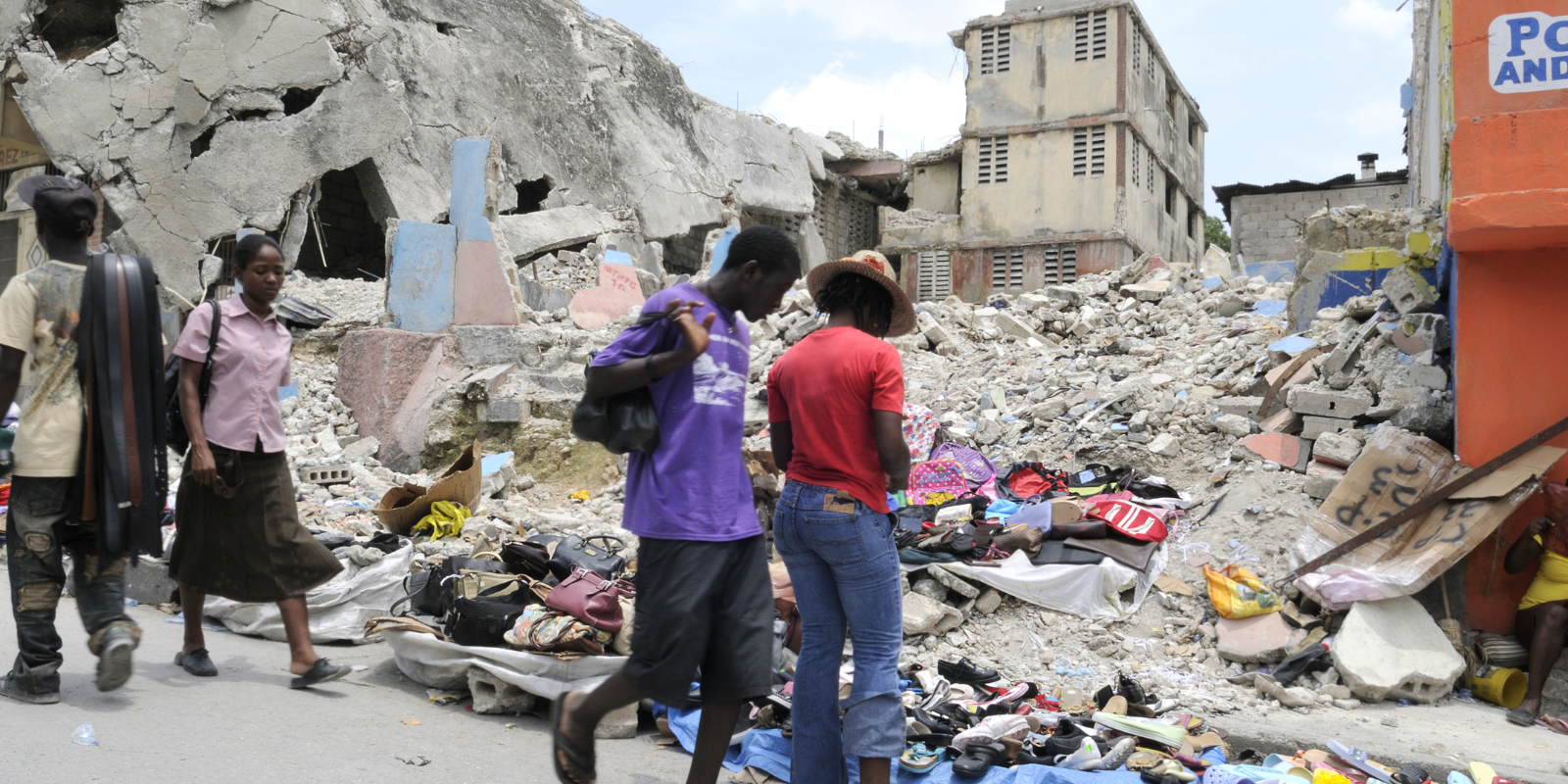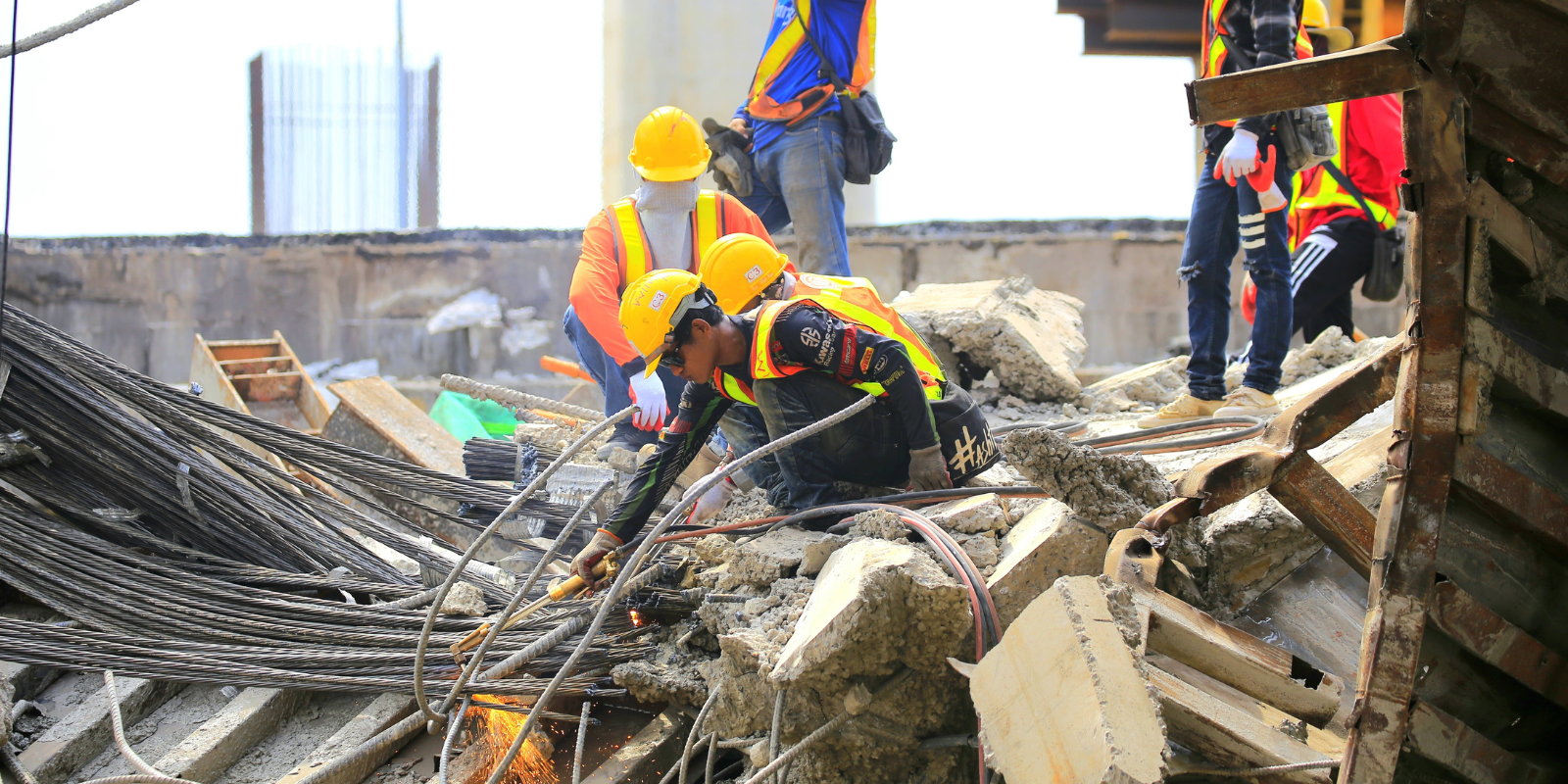Coping with depression and loneliness is often emphasized around Valentine’s Day, but what about PTSD?
Although PTSD resulting from any type of trauma can be activated at any time, symptoms of PTSD may be more likely to be activated around Valentine’s Day if the trauma that caused the PTSD was of an interpersonal nature. Interpersonal traumas, like sexual assault, physical assault, kidnapping and intimate partner violence/domestic violence may be more likely to have cues that map onto themes, objects, activities and situations associated with Valentine’s Day.
PTSD caused by other forms of trauma may also be triggered around Valentine’s Day because the trauma occurred around the same time of year as Valentine’s Day or because it has relational cues or involved a traumatic loss of a loved one.
When someone is experiencing a trauma reaction, what is happening? How does the cycle of PTSD work?
People who have PTSD experience intrusive symptoms of the trauma – like upsetting memories and images, nightmares, flashbacks, and emotional or physiological reactions – in response to cues, or reminders, of the trauma. Intrusive symptoms may lead to trauma reactions, which include fight, flight, freeze and fawn responses.
The cues that induce intrusive symptoms that cause these trauma reactions are often situations, people, places, time, objects or events that are similar to those that occurred during the trauma or right before/after. For example, if someone experienced an assault after a romantic evening, the sight of similar flowers, the sound of similar music, or the smell of similar cologne could possibly activate memories of the event and induce feelings of intense fear and a flight reaction in the person who experienced the trauma. As individuals with PTSD realize that these cues incite uncomfortable intrusive symptoms, like memories, they work to avoid these cues to reduce the distress.
Unfortunately, it is the avoidance of these reminder cues that maintains the PTSD. Avoidance keeps the individual from emotionally processing the trauma and truly confronting the way it changed their views and interactions with themselves, others and the world, which is necessary for healing.
What are the main signs that a family member, friend or colleague may be having a difficult time facing the upcoming holiday?
People who are having difficulty facing the upcoming holiday may show changes in behavior –such as alterations in sleep, eating or substance use – or they may show changes in their ability to maintain social, work and personal obligations. Uncharacteristic and intense emotional expressions may also signal difficulty with the upcoming holiday.
Additionally, some people may pretend that they are completely disinterested in the holiday to avoid distressing feelings. Conversely, they may ruminate about the holiday or an aspect of it, or they may even tell you that they are having a difficult time facing it.
How can I be supportive if I know someone is struggling with an interpersonal trauma around Valentine’s Day or any time of the year?
Although you do not need to anticipate what people need, think, want or feel, it is helpful to check-in if you know someone has an interpersonal trauma, especially if you know it is activated by Valentine’s Day. Individuals with PTSD often present with high levels of shame, blame and guilt. Providing empathy and compassion and listening is important. As humans, we don’t like to see people in pain, and it can be our tendency to try to talk people out of their self-blame too quickly; remember to listen and validate the pain more than you attempt to “fix” how they see what happened. You can ask them how to best support them or help them.
For some, this could be their first Valentine’s following the loss of a loved one. What are some things they can do to make the day easier?
The “firsts” following a death can be quite painful. Given that Valentine’s Day emphasizes romantic love, it may be especially painful following a death. Even if you are not sure what you would like to do, it is recommended that you make a general plan of how you will spend your time throughout the day. You might plan to be alone, plan to be with others who love and support you or have various options “on-call” based upon how you feel that day. Some people find it helpful to honor prior traditions, while others choose to create new ones. It can be beneficial for some people to find a way to celebrate the life of their loved one on such holidays, but it is most important for you to plan to do something that will be supportive to your emotional needs.
Celebrating love with family, friends or even pets are some things people do to help keep painful feelings at bay. Are these healthy alternatives?

Pets are a popular and viable coping mechanism when struggling with difficult emotions.
|
It is healthy to find ways to celebrate love in its many different forms, and not only on Valentine’s Day. Human beings are relational by nature and therefore healed through relational attachment. The more that we can encourage connection, the less lonely people will be, which contributes to improved mental and physical health. I would recommend creating more celebrations on Valentine’s Day that will include people who may not otherwise be included in the holiday. Further, I recommend seeking out ways to connect in daily life; loneliness is emphasized on holidays but is a daily issue for so many.
Many people say their pets have been particularly helpful during Valentine’s Day. What is it about our pets that can help us cope during difficult holidays?
Some qualitative data suggest that owners of pets, particularly dogs, consider their pets to be especially helpful emotionally because they provide comfort and companionship perceivably intuitively, instantaneously and continuously. In some instances, this is preferred over human relationships due to the constant accessibility, which reduces isolation and provides tangible, physical warmth.
If you or someone you know is struggling with domestic violence, please call the National Domestic Violence Hotline: 800-799-7233






